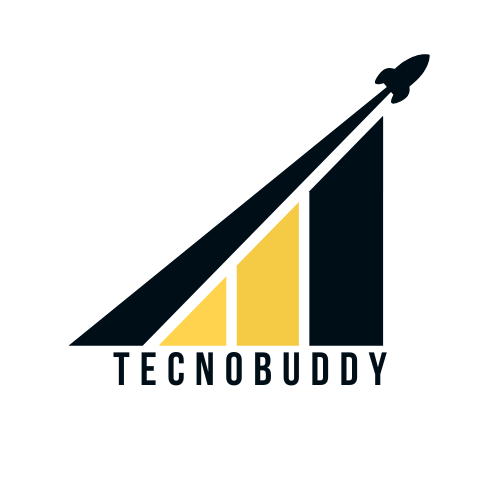A Beginner’s Guide to Programming: Where to Start?
Programming is a valuable skill in today’s technology-driven world. Whether you’re looking to build websites, create apps, or analyze data, programming opens the door to a wealth of opportunities. However, if you’re a beginner, getting started can feel overwhelming. In this blog post, we’ll provide a comprehensive guide on where to begin your programming journey with the help of Tecno Buddy’s online courses.
1. Understanding the Basics of Programming
Before diving into coding, it’s important to grasp the fundamental concepts of programming.
What is Programming?: Programming involves writing instructions for computers to perform specific tasks. These instructions are written in programming languages, which serve as a medium for communicating with computers.
Why Learn Programming?: Learning to program enhances problem-solving skills, logical thinking, and creativity. It opens up career opportunities in various fields, including software development, data analysis, artificial intelligence, and more.
2. Choosing the Right Programming Language
With numerous programming languages available, choosing the right one as a beginner is crucial. Here are some popular languages to consider:
Python: Known for its simplicity and readability, Python is an excellent choice for beginners. It’s widely used in web development, data analysis, artificial intelligence, and scientific computing. Tecno Buddy offers introductory Python courses that focus on hands-on projects.
JavaScript: If you’re interested in web development, JavaScript is essential for creating interactive websites. It runs in web browsers and is a key language for front-end development. Tecno Buddy provides courses that cover both JavaScript basics and advanced concepts.
Ruby: Ruby is another beginner-friendly language, particularly known for its elegant syntax. It’s commonly used in web development, especially with the Ruby on Rails framework. Tecno Buddy features courses that teach Ruby from the ground up.
3. Setting Up Your Development Environment
Once you’ve chosen a programming language, the next step is to set up your development environment. This is where you’ll write and test your code.
Install Necessary Software: Depending on your chosen language, you may need to install specific software. For instance, if you’re learning Python, download and install Python’s official interpreter. For web development with JavaScript, you can use any web browser and a text editor like Visual Studio Code or Sublime Text.
Familiarize Yourself with IDEs: Integrated Development Environments (IDEs) are tools that provide a user-friendly interface for coding. They offer features like syntax highlighting, debugging, and code suggestions. Popular IDEs include PyCharm for Python and Visual Studio Code for JavaScript and Ruby.
4. Learning Through Practice
Programming is best learned through practice and hands-on experience. Here are effective strategies to enhance your coding skills:
Follow Structured Courses: Enroll in beginner courses offered by Tecno Buddy. These courses are designed to guide you through programming concepts step by step, with interactive exercises and real-world projects.
Build Small Projects: Start by building simple projects, such as a calculator or a personal website. This hands-on approach solidifies your understanding and gives you practical experience.
Participate in Coding Challenges: Websites like HackerRank, LeetCode, and Codecademy offer coding challenges that allow you to practice your skills in a competitive environment. These platforms often feature beginner-friendly problems to help you gradually improve.
5. Joining a Community
Learning programming can be daunting, but you don’t have to go it alone. Joining a community can provide support, resources, and motivation.
Online Forums and Social Media: Participate in forums like Stack Overflow or Reddit’s programming communities to ask questions, share knowledge, and connect with other learners.
Local Coding Meetups: Look for local coding meetups or workshops in your area. Engaging with fellow learners and experienced programmers can provide valuable insights and networking opportunities.
6. Embracing Lifelong Learning
Programming is an ever-evolving field. Embrace the mindset of lifelong learning to stay updated with new languages, frameworks, and technologies.
Stay Informed: Follow industry blogs, podcasts, and YouTube channels to keep up with the latest trends and best practices in programming.
Continue Advancing Your Skills: After mastering the basics, consider exploring advanced topics such as data structures, algorithms, and software development methodologies. Tecno Buddy offers a variety of advanced courses to help you on your journey.

